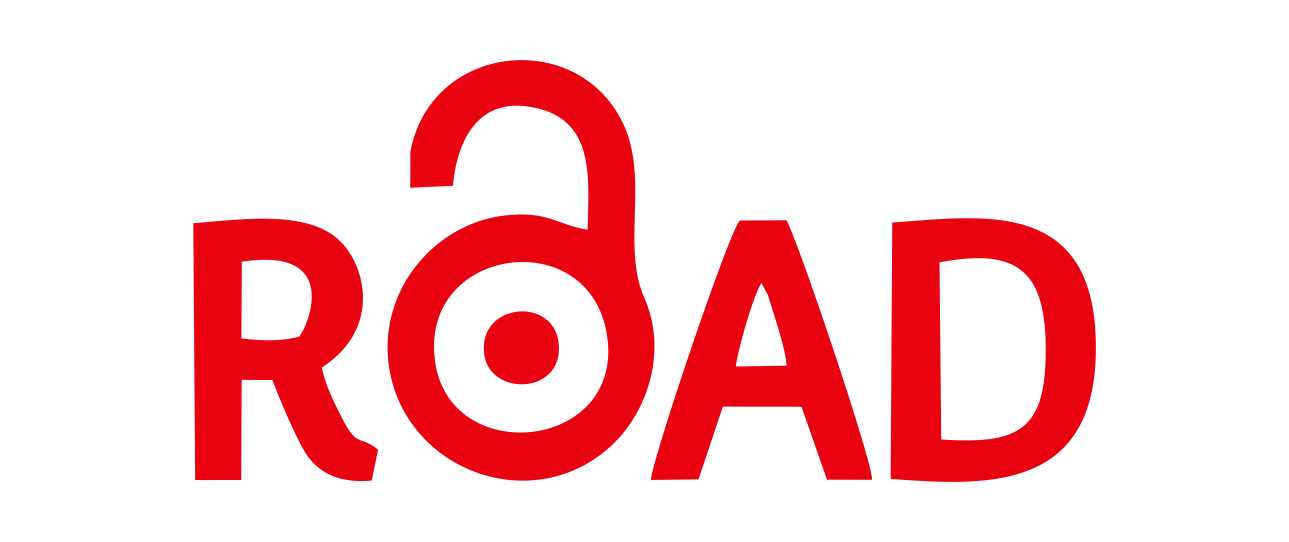Acceptance of e-tax by the consumers based on the theory of planned behaviour
DOI:
https://doi.org/10.56967/ejfb202189الكلمات المفتاحية:
e-tax، theory of planned behaviour، attitude، subjective norms، perceived behavioural controlالملخص
The concept of e-tax filing is introduced by the e-government that motivates the use of
ICT (information and communication technology), specifically they focus on the usage of the
internet-related application to run an activity. The current study is aimed to understand the
acceptance of e-tax by the consumers. The impact of attitude towards adopting e-tax,
subjective norm, perceived behavioural control on intention of electric e-tax. The current
study uses the close-ended questionnaire to conduct the survey and to collect the responses
from the contributors. The total number of a questionnaire that was supposed to be filled by
the participant was 193. All the construct uses a five-point Likert scale. All variables of TPB
are regressed with adoption intention to analyse whether TPB variables have any significant
impact on adoption intention. Thus we can conclude that H1, H2 and H3 of the current study
are accepted. A future researcher should examine the other factors that may influence the etax adoption. This study is limited to the Iraqi context, other nation’s dimension must also be
analysed. A future researcher should also examine the culture-specific and cross-culture
factors in their researchers. Future study should also focus on the relationship among the
component so that they can achieve higher explanation power and lastly, a researcher should
also examine the variation in the subjective norms, attitude and control behaviour across
primary adoption and extension stages.
التنزيلات
التنزيلات
منشور
كيفية الاقتباس
إصدار
القسم
الرخصة

هذا العمل مرخص بموجب Creative Commons Attribution 4.0 International License.
هذه هي مقالة منشورة بنمط الوصول الحر وموزعة تحت شروط ترخيص المشاع الابداعي نسب المصنف (CC BY) 4.0 دولي التي تسمح بالاستخدام غير المقيد، التوزيع، واعادة الانتاج في أي وسيط أو صيغة، والتحوير أو البناء على المادة، بما في ذلك للأغراض التجارية، شريطة أن يتم نسب العمل للمؤلف الأصلي.










